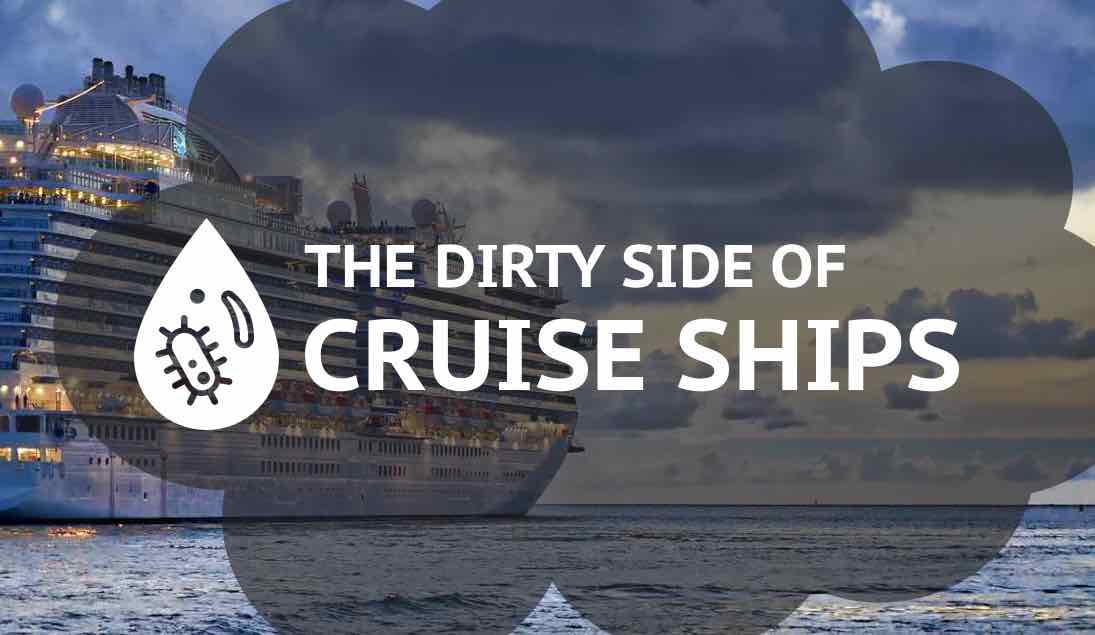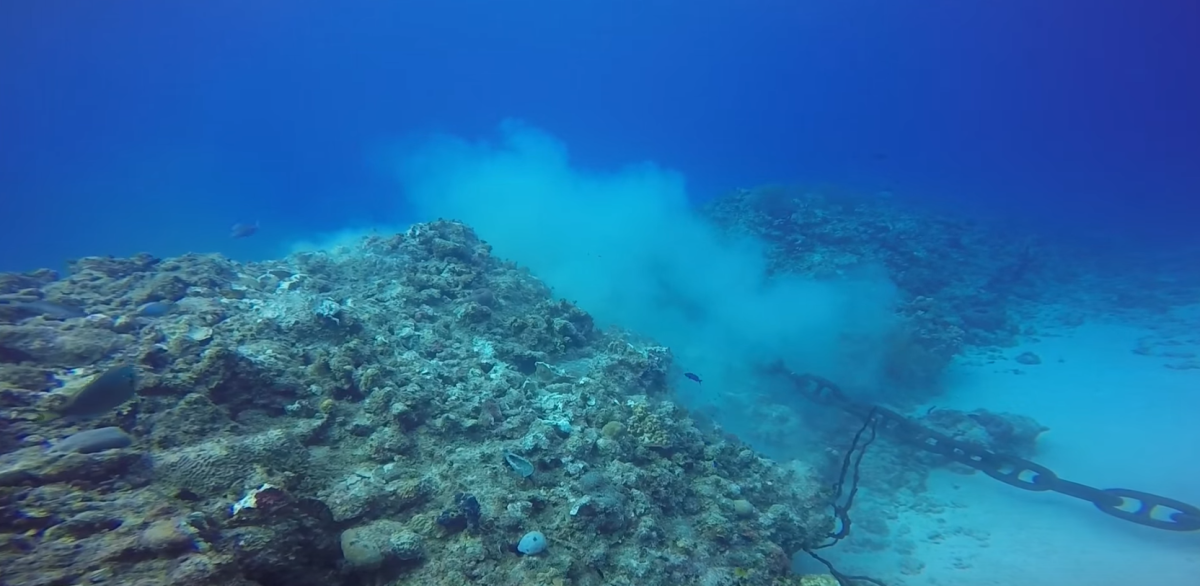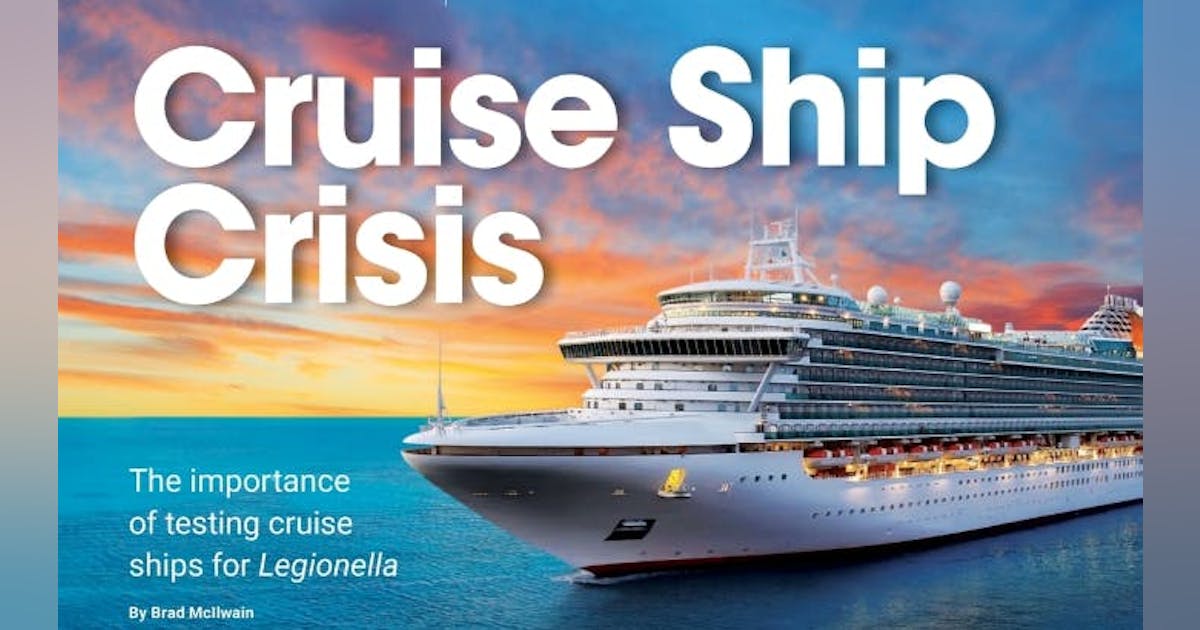There is a major difference between a franchise in the McDonald's complex and a dive shop using agency materials for instruction.The 3 dive centers that you mentioned with horrible customer service... They are affiliated with a training agency, right? They display a brand logo on their door or somewhere. Why aren't the scuba brands (mainly training agencies but also dive gear manufacturers) interested in protecting the value of their brand by ensuring proper customer service at locations authorized to use their brand?
What's the point of having a brand if it means nothing?
As a consumer, when I go to a McDonald's, I know the type of food they will have on the menu and the price range. But when I go to a Brand ABC dive training center, I have no idea what I'll get.
You know what to expect in a McDonalds because that McDonalds gets all of its materials from the McDonalds corporation and must follow McDonalds rules for every step of the process. McDonalds is really the owner of the restaurant. What do you think would happen if an individual McDonalds decided to put non-McDonalds meals on their menu?
A dive shop is totally independent from a dive agency except that they use the dive agency for certifying divers. If they did not like what that agency tells them, they can switch agencies in a heartbeat, and nothing else with the store would change. Many stores offer instruction in multiple agencies. Even an agency that owns a shop can offer multiple agency options. Extreme Exposure in Florida is owned by the same man who owns GUE, but the last time I checked, you could also get PADI and TDI certifications there. Which of those agencies gets to tell the store how to operate?
Agencies have very little ability to direct the operations of the dive shops with their logo on it. In fact, they go out of their way to stop belief in any such connection. Students must sign a statement saying they understand that the instructor and dive operation are NOT agents of the dive agency and are not under their direct control. That is the result of a lawsuit in which PADI was successfully sued for millions under the argument that when two DMs who were working as volunteers for a dive club missed a diver in a roll call after the dive, they were working as agents of PADI.
An exception could be seen in the case of 4 dive shops operating in Tennessee a while ago (and might possibly still be there). Those shops were owned by Doug McNeese, who was also the owner of SSI. If one of those shops were sued for something that went wrong during instruction, then McNeese as an individual could be party to the suit, but I guarantee SSI as an agency would swear they had nothing to do with it.







